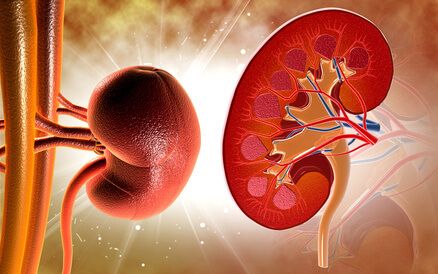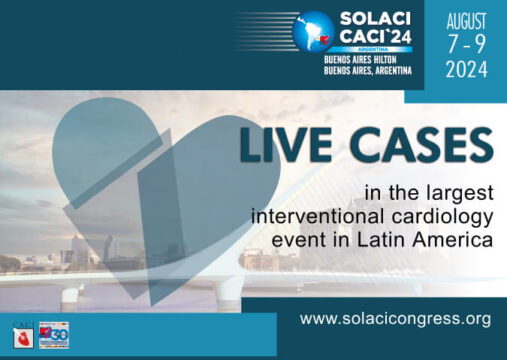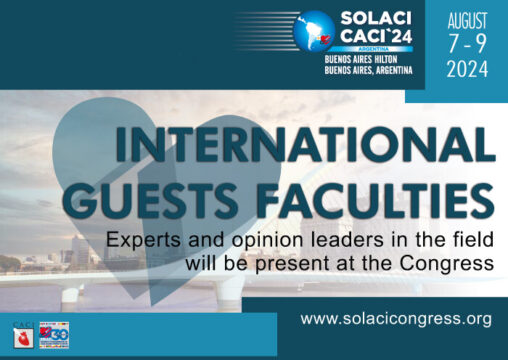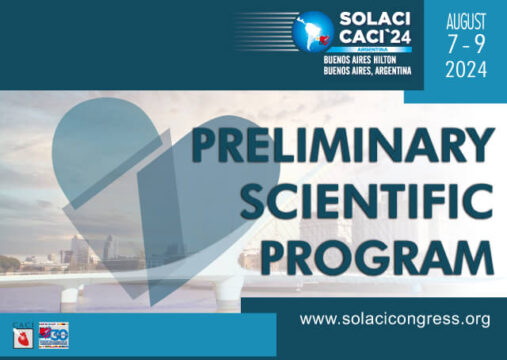Reducing alcohol consumption should be included in the “package” of secondary prevention recommendations, not only for its impact on arteries, but also because it reduces atrial fibrillation (AF).

Alcohol abstinence might improve arrhythmia symptoms and reduce the chances of recurrence in patients who have already had an episode of AF.
Regular alcohol consumers who were randomized to alcohol abstinence for 6 months experienced less than half of the hospitalizations due to atrial fibrillation compared with patients who continued their usual alcohol consumption.
Alcohol can function as a trigger for AF and it has been studied specifically in works that associated regular alcohol consumption with left atrial enlargement, impaired left atrial contraction, and adverse electrical remodeling.
Read also: Is Alcohol Good, Bad, or Neutral for Cardiovascular Health?
Whether abstinence from alcohol could reduce arrhythmia in patients with a history of AF was still unclear. This is precisely the contribution made by this work, recently published in the prestigious New England Journal of Medicine.
This Alcohol-FA study randomized 140 patients to alcohol abstinence or consumption in the amount they already consumed regularly. The group randomized to abstinence accomplished an 87.2% reduction in their total alcohol intake (from 17 drinks per week to just 2 drinks). The group with continued consumption also slightly reduced the amount (about 20%, from 16 to 13 drinks per week).
Atrial fibrillation recurrence (one of the primary endpoints) was significantly lower in the abstinence group vs. the control group (53% vs. 73%). Additionally, the period before recurrence was longer.
On top of the benefits in terms of arrhythmia, alcohol abstinence was associated with obesity reduction and less symptoms due to arrhythmia.
There are even data suggesting that a 6-month abstinence could reduce both systolic and diastolic pressure.
On the other hand, alcohol does not seem to be the true culprit behind arrhythmia. Abstinence may reduce recurrence and symptoms for a while, but it is not a definitive solution.
Read also: FFR in the Time of ISCHEMIA.
There is also another undeniable truth: complete abstinence is very hard to achieve. This study was originally planned with a 12-month follow-up, but that had to be reduced to only 6 months because patients refused to enroll if they had to spend a year without drinking. About 70% of patients who were invited to take part in this study refused randomization after considering that they would not be able to maintain their abstinence.
All of this applies to regular alcohol consumption: there is no evidence suggesting that occasional consumption may prevent cardiovascular events such as an episode of atrial fibrillation.
Original Title: Alcohol abstinence in drinkers with atrial fibrillation.
Reference: Voskoboinik A et al. N Engl J Med. 2020;382:20-28.
Get the latest scientific articles on interventional cardiologySubscribe to our weekly newsletter
We are interested in your opinion. Please, leave your comments, thoughts, questions, etc., below. They will be most welcome.





